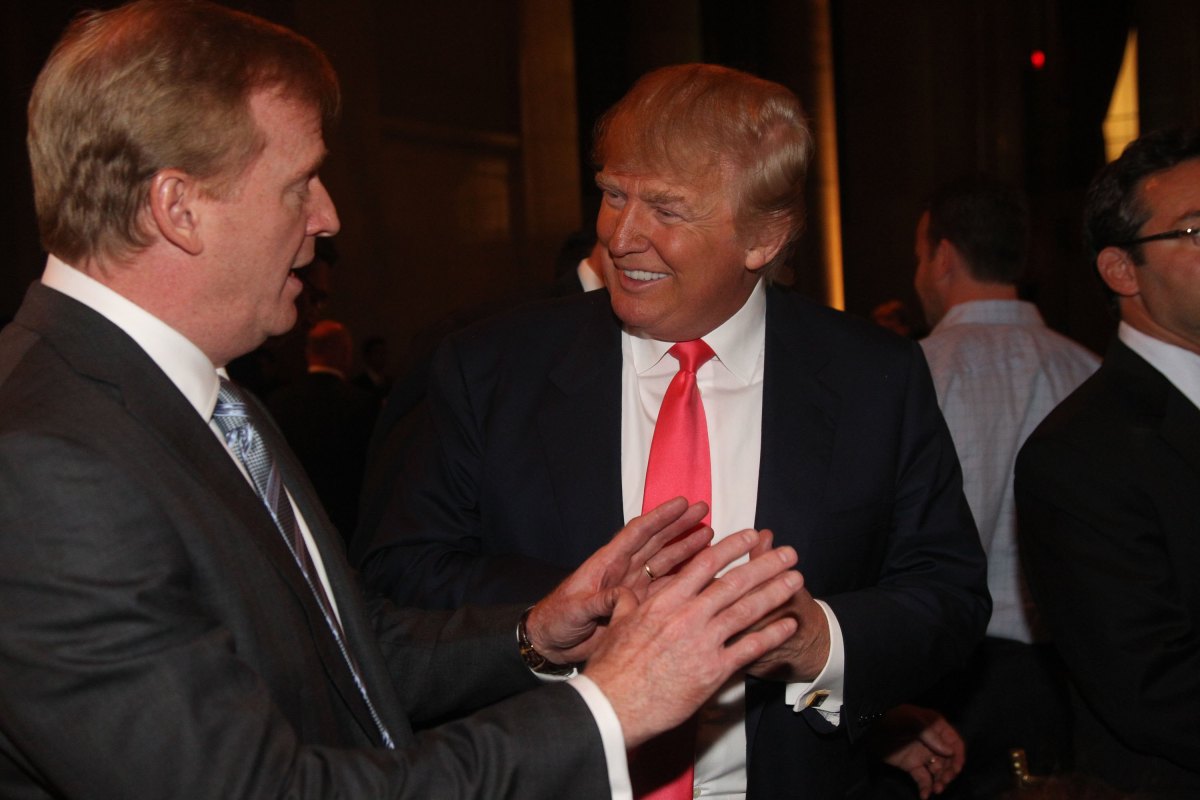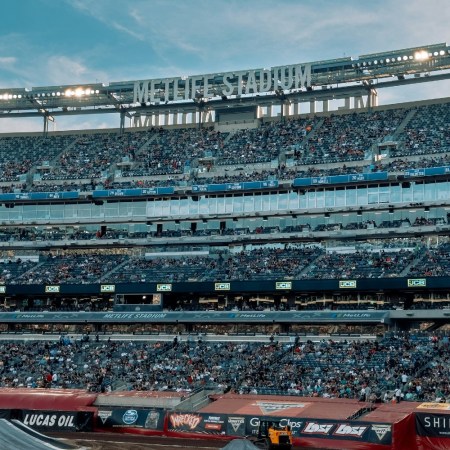Though there’s no way to know at this point in time what the coming months will bring, there’s a school of thought that a lack of football in the fall may have an impact on the elections in November.
As of now, the NFL is set to begin its season as planned in September and, while the NCAA is on much shakier ground, there’s some optimism there will be college football as well.
However, if there is a surge in COVID-19 cases in the fall as some have predicted, it’s well within the realm of possibility that there will be no NFL or NCAA football at all. Should that happen, football fans may hold that against incumbent officeholders —including President Donald Trump and governors of states where college football is king — when they head to the polls on November 3.
As many schools rely on their football programs to generate funding that supports other sports and university initiatives, empty stadiums from Michigan to Missouri would be incredibly bad optics and possibly drive home the seriousness of the mishandling of the pandemic by elected officials.
“It will show the instability and chaos in the country and the cost to the country of the lack of a plan, the lack of effort to see this thing through,” John Weaver, a college football fan who worked as a political consultant on the presidential campaigns of Republicans John McCain and John Kasich, told USA Today. “We’ll have empty stadiums that normally hold 50,000 to 100,000 people on a glorious Saturday afternoon that also helps fund every other sports program at a university. That is going to resonate with a pretty broad group of fans across the country. There will be a political price to pay, too. It’s a further eroding of things in our society that people in their mind’s eye hold dear.”
Justin Holmes, a political science professor at the University of Northern Iowa, said the loss of football could also impact voters who remain undecided up until election day.
“In a close race, anything that would remind us of how things used to be and they’re now not would feed into that general sense of dissatisfaction that people have,” he said. “For Trump, that’s a lot of his problem.”
Subscribe here for our free daily newsletter.
The Charge will help you move better, think clearer and stay in the game longer. Subscribe to our wellness newsletter today.



















